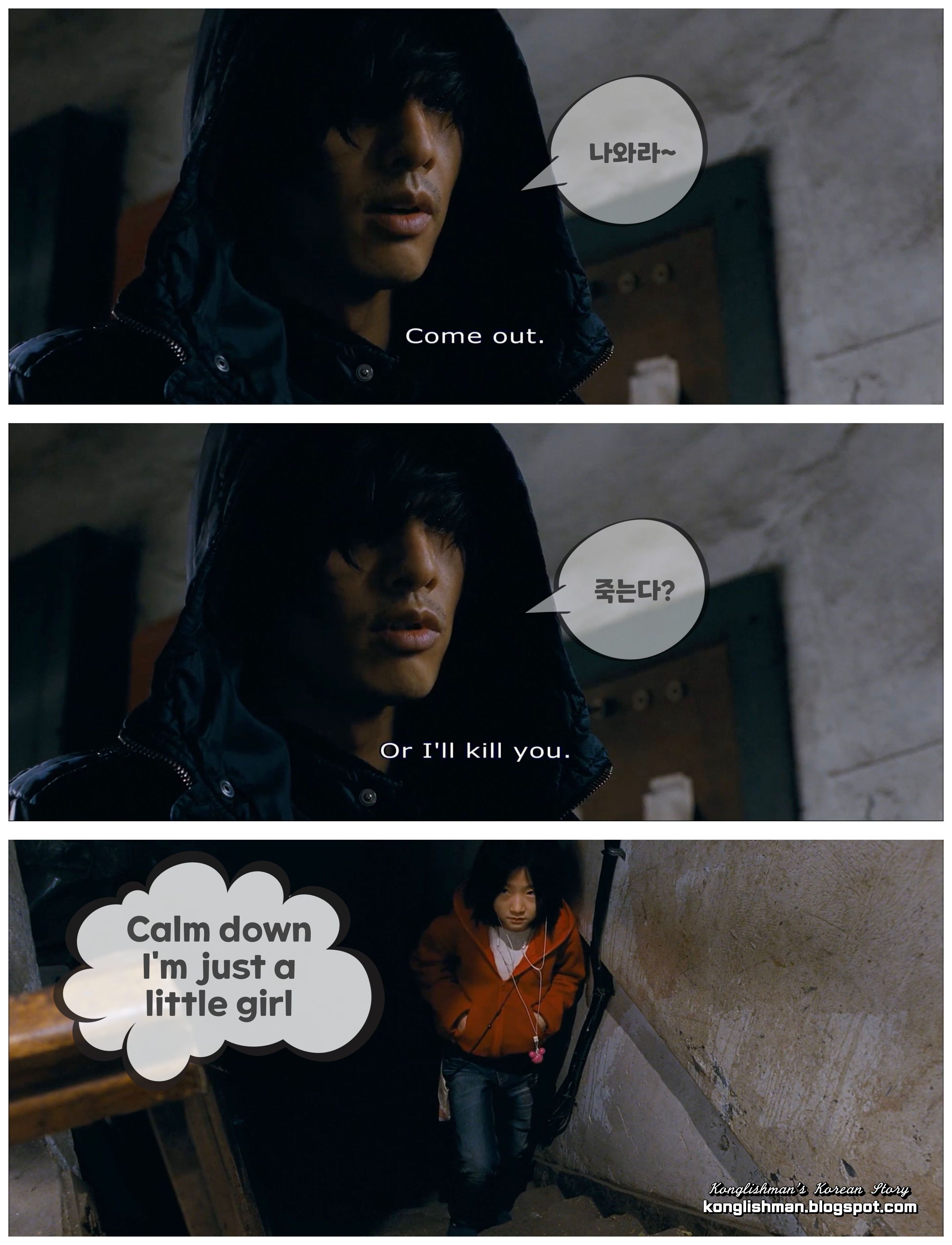🗣 강프로 식사 많이 잡쉈어? Hey Kang-pro, Did you eat full? 🇰🇷 넷 플릭스 케이 드라마 수리남에서 배우 박해수가 하정우와 만나거나 혹은 전화 통화로 입버릇처럼 말하던 인사법 "강 프로 식사 많이 잡쉈어?"를 실제 한국인들도 많이 사용할까? 그리고 한국인의 퍼스트 네임인 김, 강, 박, 전, 이, 최 등 뒤에 프로를 붙여 부르는 이유가 무엇일까? 한국에서 '프로'는 특정한 분야에서 최고의 경지에 이른 사람을 의미한다. 일반적으로 프로 축구선수, 프로 농구선수, 프로 게이머, 프로 골퍼 등등. 프로 스포츠 리그에서 활동하는 사람들에게 프로라는 호칭이 부여된다. 하지만 스포츠뿐만 아니라 어느 한 분야에서 실력이 출중하거나 많은 사람들에게 그 실력을 인정받는 사람이 있다면 누군가가 그 사람에게 '프로' 타이틀을 부여하는 경우가 있다. 그런 의미에서 박해수가 극중 하정우를 부를 때 '프로'라고 말한 것은 그가 사업적인 분야에서 훌륭한 실력을 갖추었거나 단지 그의 위상을 높여주기 위해 쓴 호칭이라 해석할수 있다. 🇺🇸 I n the Netflix K-drama Suriname, actor Park Hae-soo meets Ha Jung-woo with talks on the Phone like a habit of saying "Professional Kang, did you eat a lot?" Do Koreans actually use a lot? And what is the reason for the Koreans' first name Kim, Kang, Park, Jeon, Lee, Choi, etc. followed by 'Pro'? In Korea, a 'pro' refers to a person who has reached the highest level in a particular field. I...





